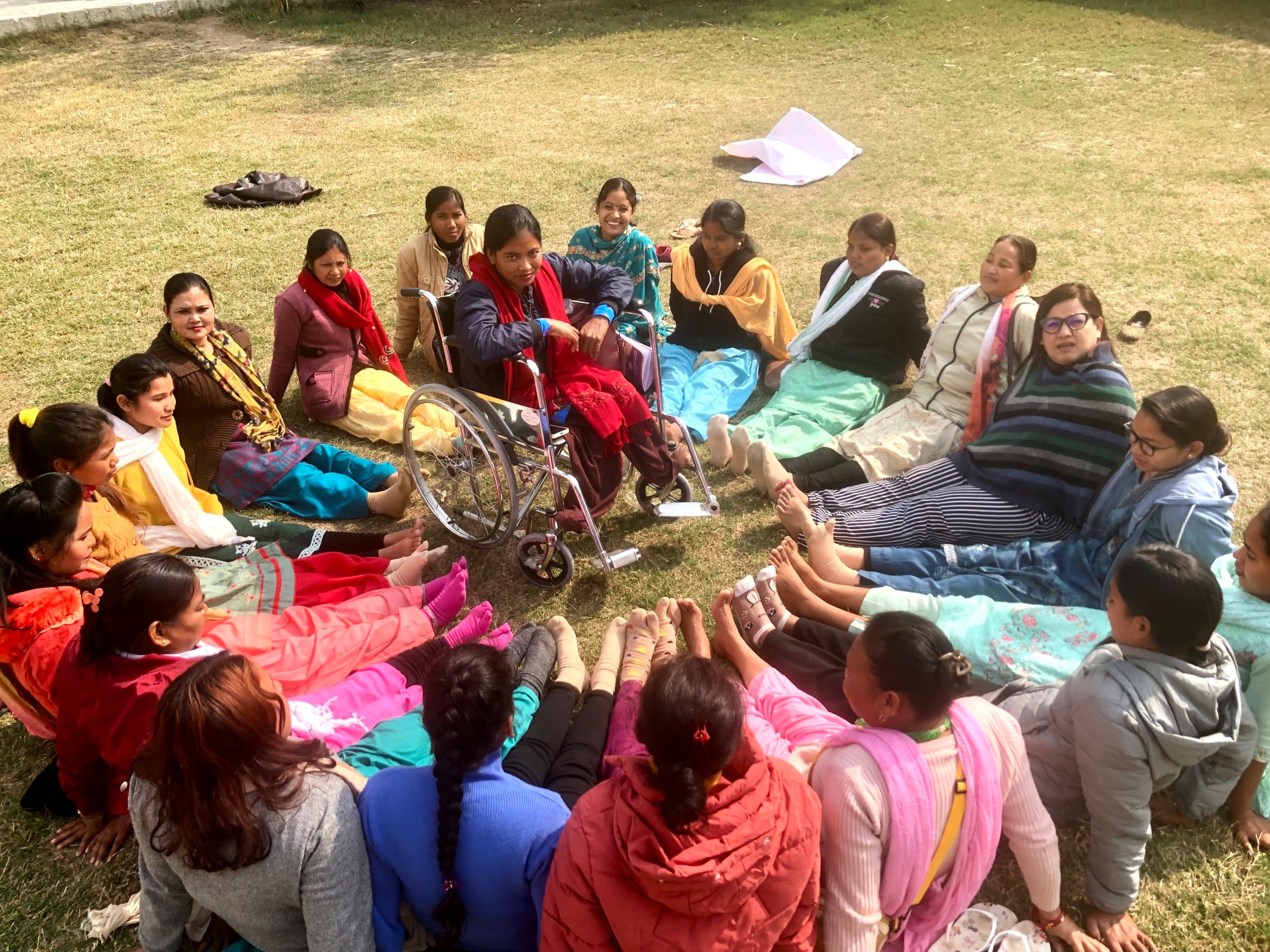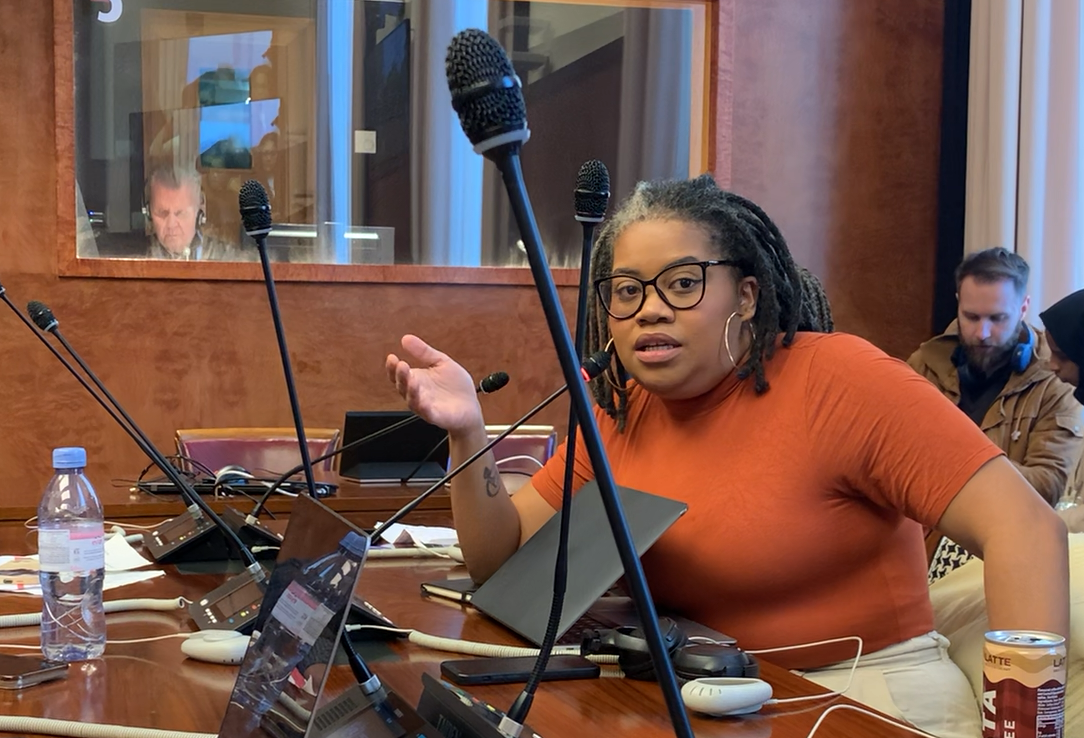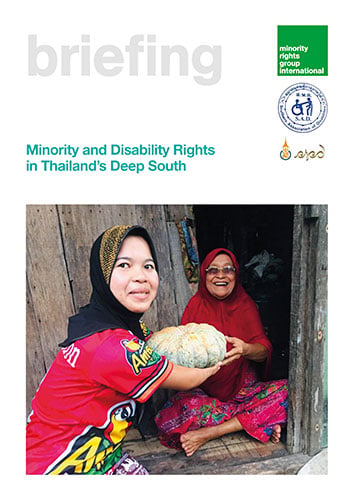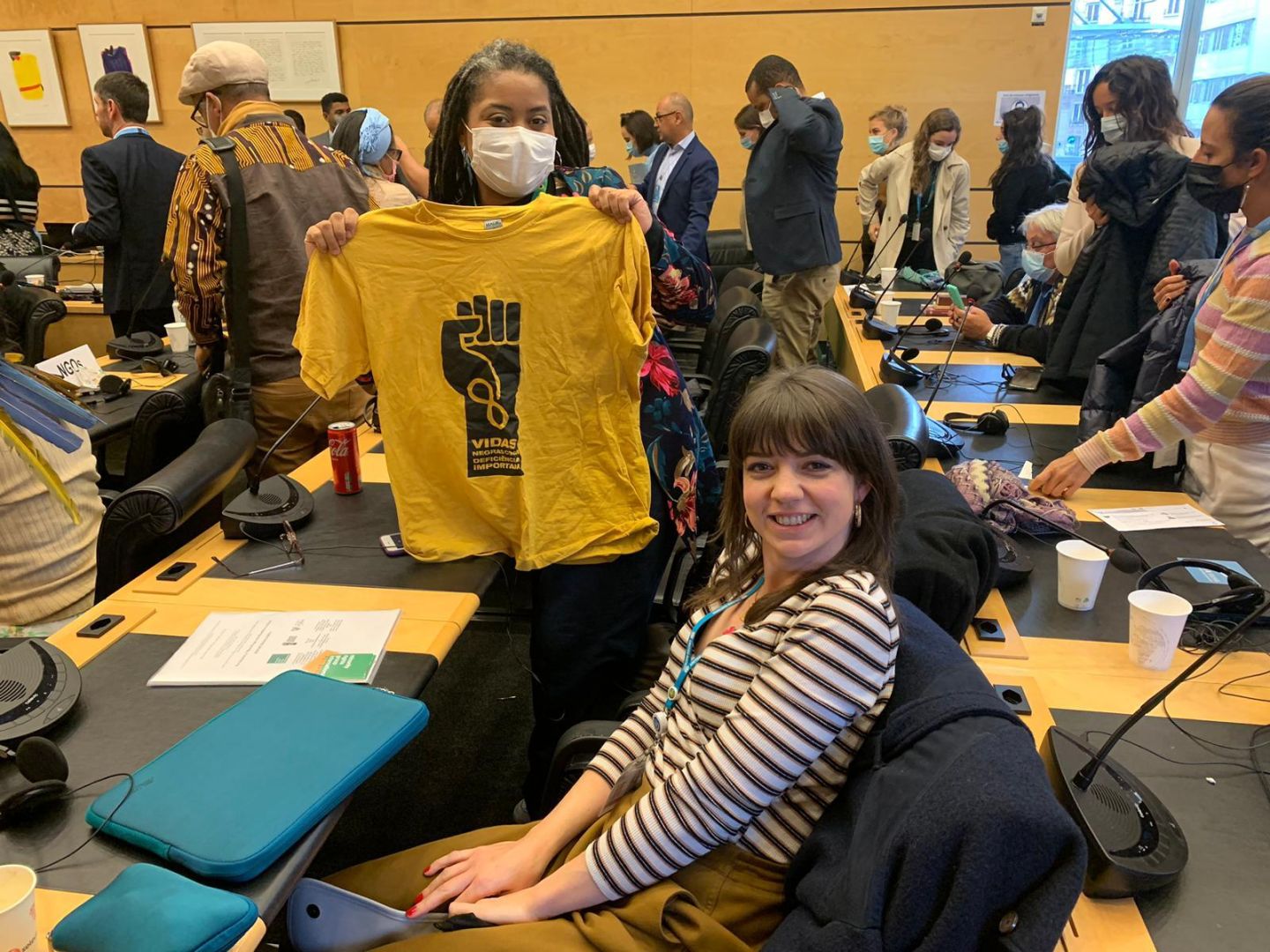
Respecting and Mainstreaming the Rights of Indigenous Persons with Disabilities in Climate and Health Initiatives
18th Session of the Conference of State Parties to the CRPD (COSP)
New York, United States of America | June 10–12, 2025
Sub-theme for Roundtable 3: Recognizing and addressing the rights of Indigenous persons with disabilities and their role in advancing disability inclusion.
Event Information
This side event takes place under sub-theme of Roundtable Three, “Recognizing and addressing the rights of Indigenous persons with disabilities and their role in advancing disability inclusion” and aims to highlight the leadership and strategies of Indigenous persons with disabilities in confronting social, economic, environmental, climate and health challenges by developing Indigenous-led solutions. This side event will explore how Indigenous voices can shape inclusive climate resilience and health justice rooted in disability rights, framed within the Convention on the Rights of Persons with Disabilities (CRPD) and the UN Declaration on the Rights of Indigenous Peoples (UNDRIP).
Co-sponsored by Minority Rights Group (MRG), International Indigenous Women Network (FIMI), Wellcome Trust and the World Federation of the Deaf (WFD), the event will explore the concrete steps being taken by organisations of persons with disabilities, civil society organisations, policymakers and human rights organisations to ensure that policies incorporate an inclusive intersectional approach that guarantees the rights of indigenous persons with disabilities and addresses climate change resilience and health equity.
Amongst others, the event will feature speakers from the Indigenous People with Disabilities Global Network (IPWDGN), the Endorois Indigenous Women’s Empowerment Network (EIWEN), Acessibilindígena and National Indigenous Disabled Women’s Association Nepal (NIDWAN). Speakers will discuss the current situation and the challenges faced by Indigenous persons with disabilities at the intersection of disability rights, Indigenous rights, Deaf linguistic rights, climate impacts and health risks, including those arising from environmental changes. The session will also present key recommendations to Member States, organisations of persons with disabilities and other stakeholders.
Overview
Worldwide, there are an estimated 1.3 billion persons with disabilities, or 16 per cent of the world’s population. While there is a lack of disaggregated global data on Indigenous persons with disabilities, it is estimated that they number more than 54 million. The rate of disability among Indigenous peoples is higher due to many factors, including dangerous working conditions, lower standards of living and the poor quality of available medical services. Furthermore, the growing effects of climate change are adding extra environmental and health burdens, deepening the challenges faced by indigenous communities. Indigenous persons with disabilities often experience multiple forms of individual and structural discrimination that create barriers to the full enjoyment of their rights, based on their Indigenous identity and their disability. Intersecting layers of discrimination can limit their access to the justice system, development programs and funds, education, employment, health care, communications and transportation services. Owing to marginalization, poverty, exclusion and invisibility, Indigenous persons with disabilities are not always able to express their concerns and exercise their rights within the disability, indigenous and state mechanisms.
The current climate crises exacerbate health inequities for Indigenous persons with disabilities. The rising temperatures, erratic rainfall, drought and flooding, among other issues, have contributed to food insecurity, poor water quality and diminished access to health services, affecting especially remote and underattended Indigenous territories. These environmental factors contribute to worsening the existing exclusion that Indigenous persons with disabilities face, making them disproportionately vulnerable.
Indigenous persons with disabilities enjoy not only individual rights but also collective rights as members of Indigenous people’s communities, as established in international human rights instruments such as the United Nations Declaration on the Rights of Indigenous Peoples and the Indigenous and Tribal Peoples Convention, 1989 (No. 169). These rights include the rights to self-determination, land, territories and resources, consultation and free prior and informed consent. While the Convention on the Rights of Persons with Disabilities does not contain a stand-alone article on Indigenous peoples, its preamble recognizes that persons with disabilities are subject to multiple or aggravated forms of discrimination based on race, colour, sex, language, religion, political opinion, national, ethnic, Indigenous or social origin, property, birth, age or other status.
Similarly, the Committee on the Elimination of Discrimination against Women addressed the rights of Indigenous women with disabilities in its general recommendation No. 39 (2022) on the rights of Indigenous women and girls, identifying different forms of intersectional discrimination faced by Indigenous women and girls, including disability. In that general recommendation, the Committee emphasized their key role as leaders, knowledge-bearers and transmitters of culture among their peoples, communities and families, as well as society.
Despite, having these international human rights mechanisms, Indigenous persons with disabilities often experience intersectional discrimination and marginalization. Aggravated societal, attitudinal and environmental barriers hinder the full and effective participation of them in society on an equal basis with others. They face significant marginalization to voice their issues in the disability movement and their full and meaningful inclusion is rarely prioritized.
Indigenous persons with disabilities face several layers of vulnerability, but they are also knowledge holders and can be leaders in developing responses to climate and health crises. Efforts to address the climate-health connection must include the perspectives and voices of Indigenous persons with disabilities, ensuring that their perspectives and needs are central to the disability rights movement and environmental responses.
In this context, this side event is planned to be held in the 18th Session of the Conference of the State Parties to the CRPD (COSP).
Overall Objective
The objective of the event is to explore the role and leadership of Indigenous person with disabilities in the disability rights movement, with a focus on their critical role and contributions to addressing overlapping challenges linked to climate change and health. This side event will explore the social, economic, environmental and health-related issues these communities face and present approaches for integrating Indigenous and disability rights into inclusive climate adaptation and health equity efforts.
Speakers (TBC)
- Dr Albert Berume – Special Rapporteur on the Rights of Indigenous Persons
- Pratima Gurung – Indigenous People with Disabilities Global Network (IPWDGN) – Nepal
- Ms. Christine Kandie – Endorois Indigenous Women’s Empowerment Network (EIWEN) – Kenya – Health impacts of climate change on Indigenous people with disabilities in Baringo county and Indigenous disability solutions leadership.
- Ms. Siana Guajajara – Accessibilindígena – Brazil – Health of Indigenous women with disabilities and exploitation in Brazil
- Ms. Pamela Molina – World Federation of the Deaf – Citizen data research in Bolivia on Deaf Indigenous women’s access to health
- Cinthia Huanca Ortiz – member of the Indigenous deaf Women’s communities, Bolivian Federation of the Deaf (FEBOS) – Video testimony on health equity
Moderator: Lauren Avery – Disability Programme Coordinator, Minority Rights Group
Accessibility
The event will be held in English, Portuguese and International Sign, with closed captioning.
Photo credit: Krishna Gahatraj / NIDWAN.





